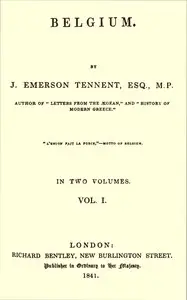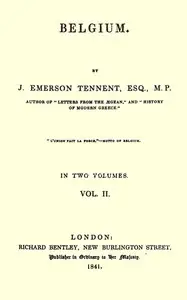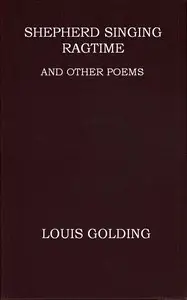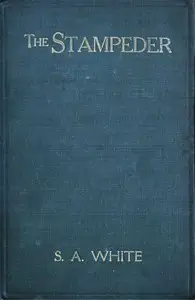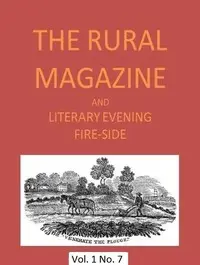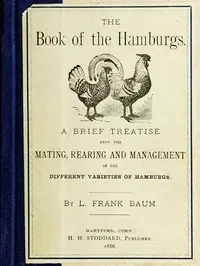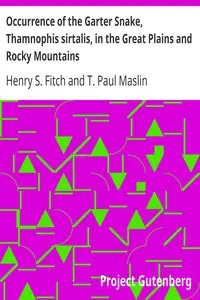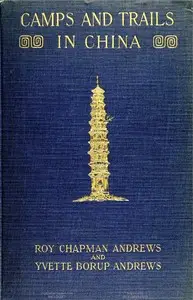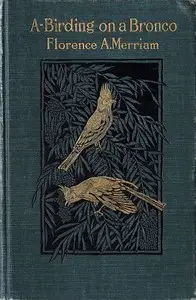"The Wild Elephant and the Method of Capturing and Taming it in Ceylon" by Sir J. Emerson Tennent is a scientific publication written in the late 19th century. The work explores the structure, habits, and social behavior of wild elephants in Ceylon (Sri Lanka), as well as methods of capturing and taming these majestic creatures. It provides insights into the species' characteristics, the ecological role they play, and the historical context of their management in Ceylon. At the start of the text, the author shares his personal observations during his time in Ceylon, highlighting the prevalence of elephants across the island and their diminishing numbers due to various factors, including hunting and habitat loss. Tennent emphasizes the unique anatomical features of Ceylonese elephants—such as the rarity of tusks—and discusses their behavior and interactions within herds. He sets the stage for subsequent chapters that will delve into methods of capture and training, supported by anecdotes and empirical research on the treatment of these animals in both wild and domesticated settings. (This is an automatically generated summary.)
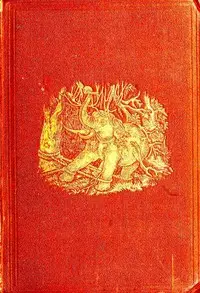
The Wild Elephant and the Method of Capturing and Taming it in Ceylon
By James Emerson Tennent
"The Wild Elephant and the Method of Capturing and Taming it in Ceylon" by Sir J. Emerson Tennent is a scientific publication written in the late 19th...
Sir James Emerson Tennent, 1st Baronet, FRS was a Conservative Member of the United Kingdom Parliament for the Irish seats of Belfast and of Lisburn, and a resident Colonial Secretary in Ceylon. Opposed to the restoration of a parliament in Dublin, his defence of Ireland's union with Great Britain emphasised what he conceived as the liberal virtues of British imperial administration. In Ceylon, his policies in support the growing plantation and wage economy met with peasant resistance in the Matale Rebellion of 1848. In recognition of his encyclopedic surveys of the colony, in 1862 he was elected a Fellow of the Royal Society.



